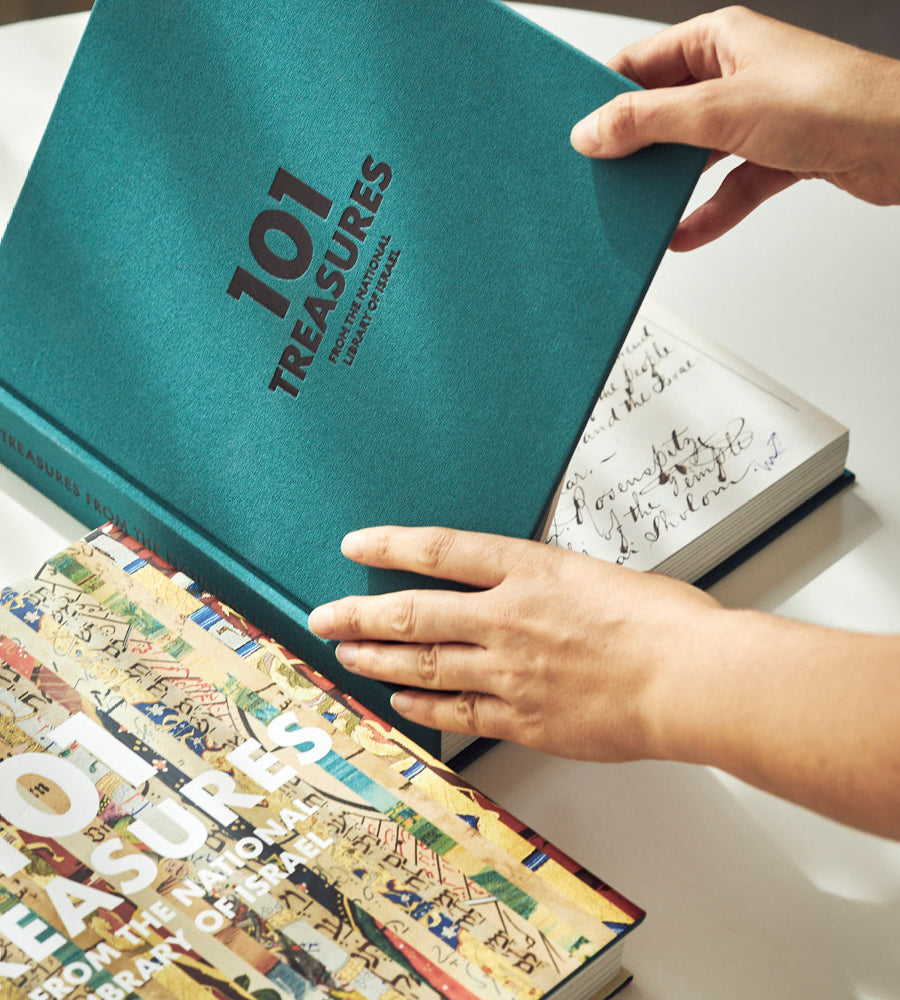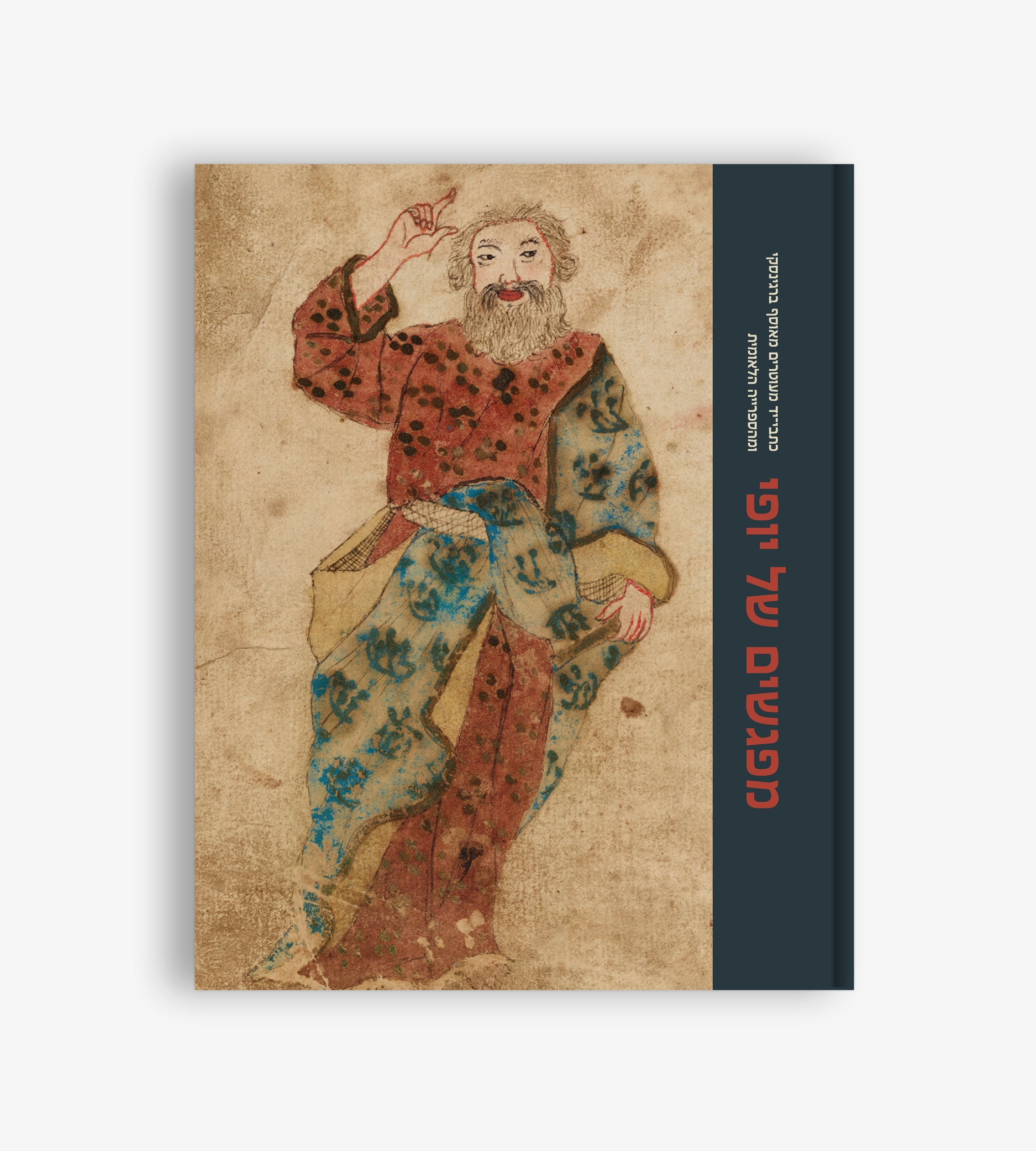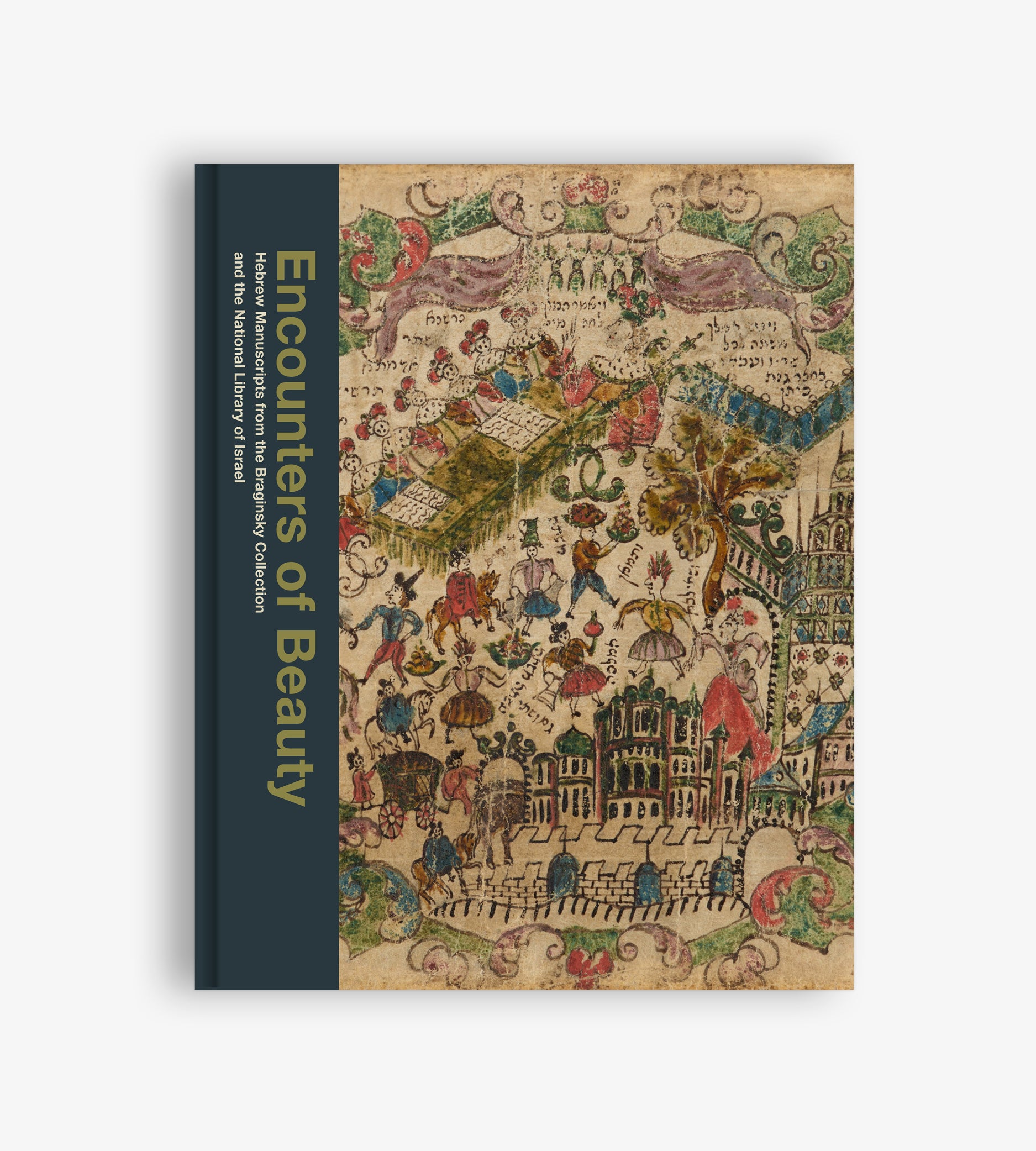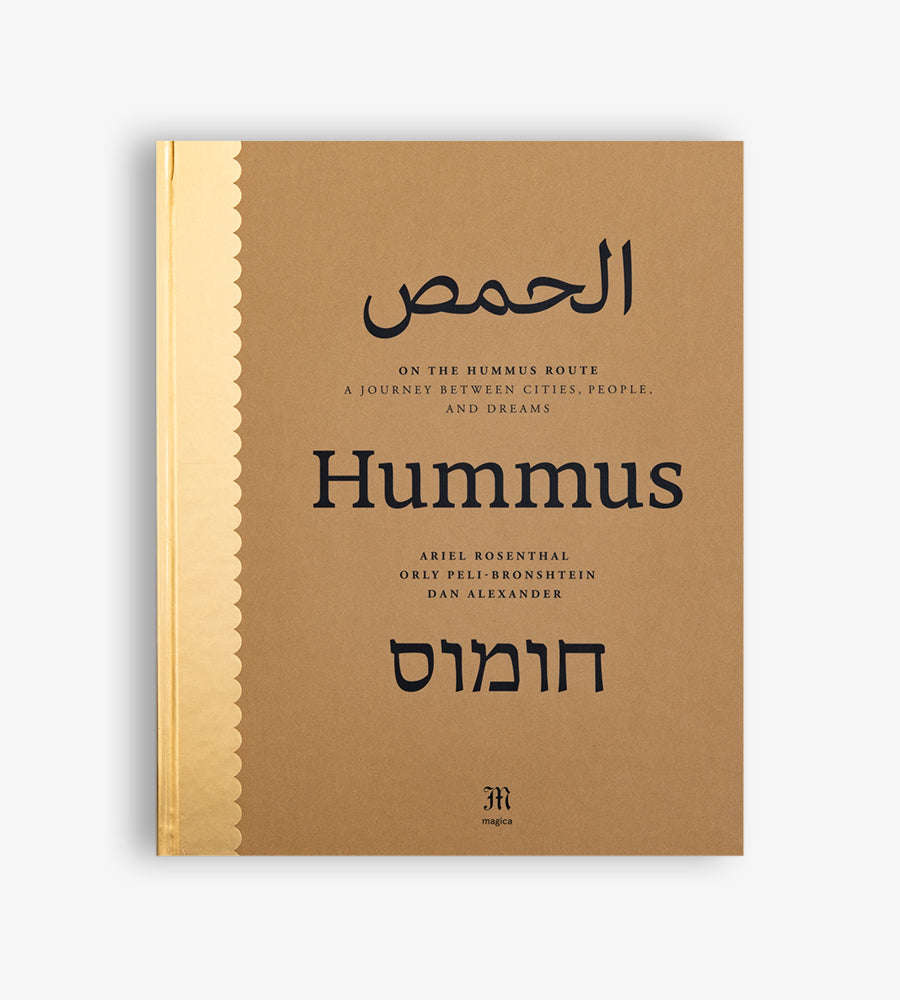Article: Elegy for the Thirty-Five
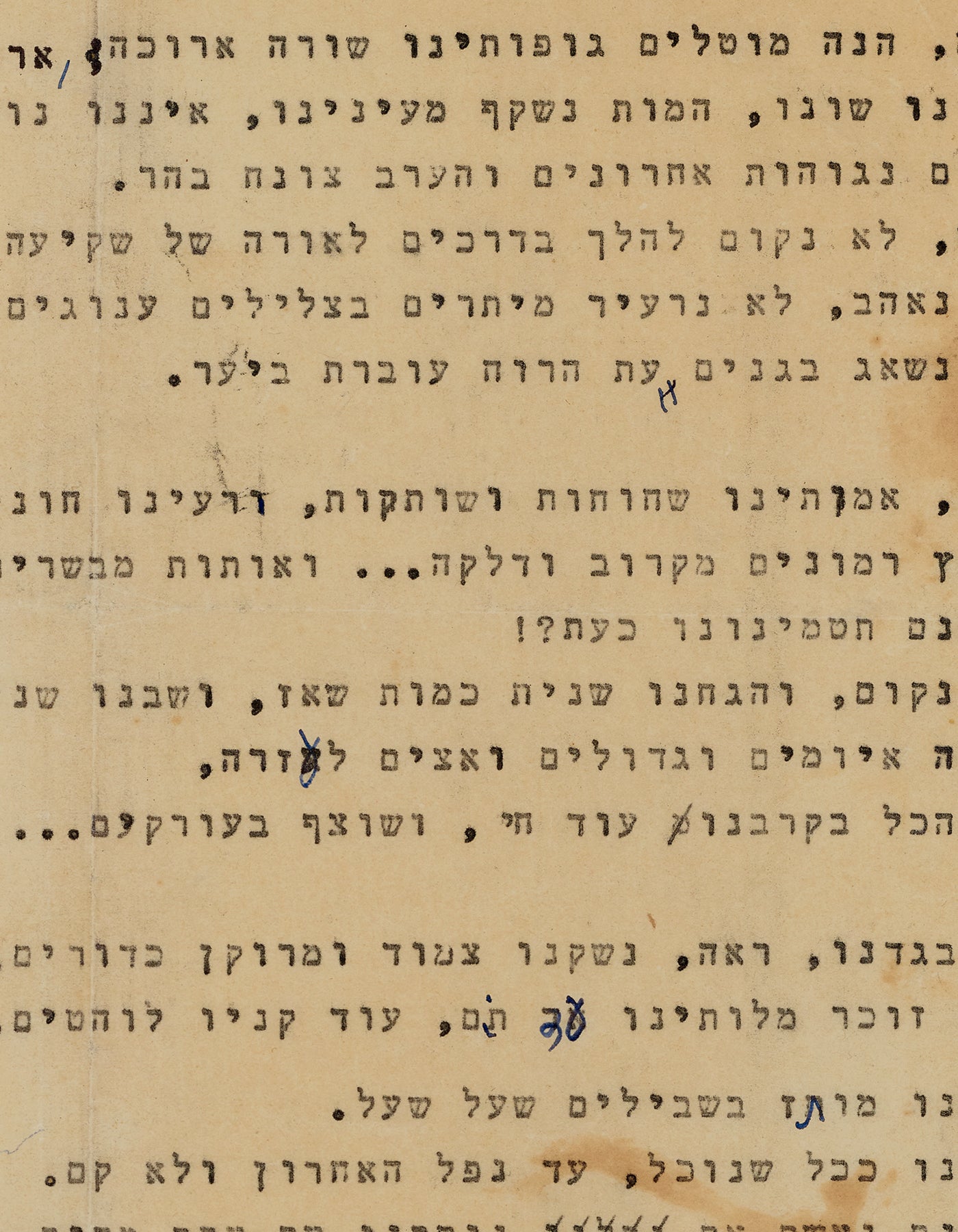
Elegy for the Thirty-Five
Nati Gabbay

On the evening of January 15, 1948, a group of thirty-five fighters from the Palmach and the Haganah set out to deliver supplies and ammunition to the blockaded Gush Etzion. The commander of this Mountain Platoon was Danny Mass. The platoon was discovered before dawn and besieged by masses of local Arabs. All its members were killed.
At that time, the poet Haim Gouri (1923–2018) had been sent to Europe to help promote illegal immigration to pre-State Palestine, train immigrants to join the Jewish defense forces, and procure weapons and military equipment. One morning, while helping Hungarian Holocaust survivors in Vienna, he came across an American military newspaper and read about the fate of the Mountain Platoon.
Two weeks later, in his rented room in Budapest, Gouri read through letters and newspapers that had arrived from Tel Aviv in his absence. Confronted by the list of the thirty-five casualties, his friend Danny Mass among them, the poet sat down at his typewriter and composed an elegy written in the voice of “The Thirty-Five,” as they came to be known. In a moment of sadness and frustration, he threw the page into the charcoal stove across the room.
The following day, his landlady handed him the crumpled sheet of paper that she had retrieved from the bottom of the stove. She explained that her late husband had been a writer and she was familiar with poets and their tendency to regret destroying their work in a fit of frenzy. Gouri looked over the words he had written, made a few revisions, and sent the poem to Tel Aviv, where it was published two months after the death of the Thirty-Five. The poem “Here Lie Our Bodies” has, ever since, been a cornerstone of Israeli cultural memory.



